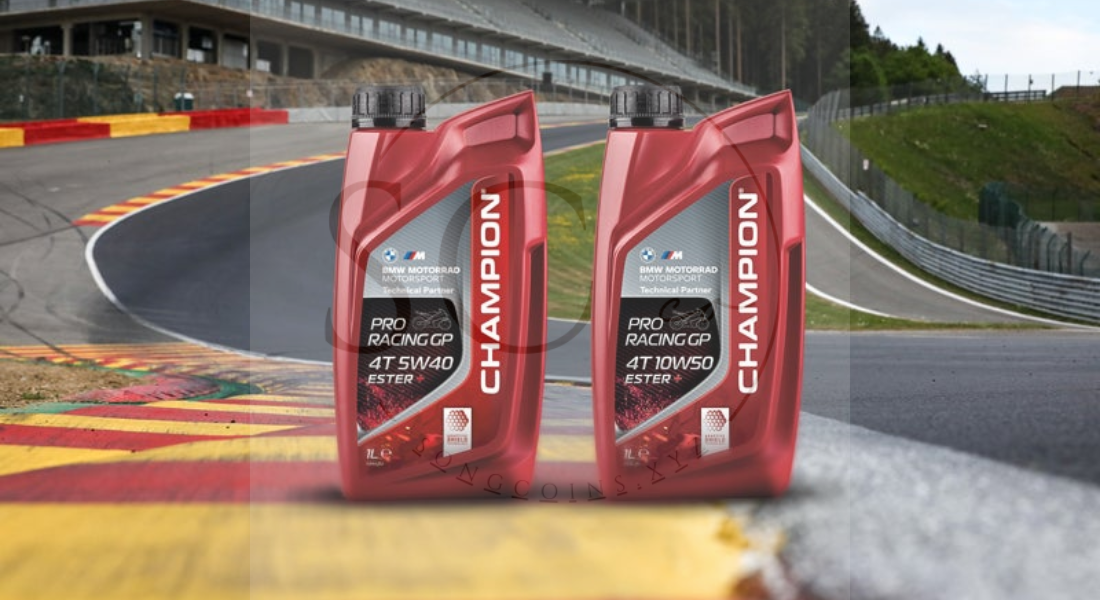Blog
Unleash Peak Performance with the Best Oil for Race Cars
Racing demands precision, power, and reliability, and the choice of engine oil plays a pivotal role in achieving top performance. The best oil for race cars ensures engines run smoothly, reduce wear, and deliver maximum efficiency under extreme conditions. Whether you’re a professional racer or an enthusiast, selecting the right oil can be a game-changer for your vehicle’s performance.
Why Choosing the Best Oil for Race Cars Matters
Race cars operate under intense stress, with high speeds and elevated engine temperatures pushing components to their limits. The best oil for race cars provides superior lubrication, protecting engine parts from friction and heat. Unlike regular oils, these specialized formulas are designed to handle extreme conditions, ensuring consistent performance throughout the race.
By reducing internal resistance, high-quality racing oils help unleash your engine’s full potential. They also minimize the risk of overheating, ensuring your car performs reliably lap after lap. For serious racers, investing in the right oil is not optional—it’s essential.
Key Features of High-Performance Racing Oils
The best oil for race cars is formulated with advanced additives and superior base oils to meet the unique demands of racing engines. Here’s what sets them apart:
- High Viscosity Index: Racing oils maintain optimal thickness under varying temperatures, ensuring consistent lubrication.
- Thermal Stability: These oils resist breakdown under extreme heat, protecting engine components during prolonged high-speed driving.
- Friction Reduction: Special additives minimize friction, enhancing power output and fuel efficiency.
- Anti-Wear Protection: High-performance oils shield critical engine parts from wear, extending their lifespan.
- Detergent Additives: These keep engines clean by preventing the buildup of sludge and deposits.
Understanding these features helps racers make informed decisions when choosing the best oil for race cars.

Synthetic vs Mineral Oil: Which is Better for Racing?
When selecting the best oil for race cars, synthetic options often stand out for their superior performance. Here’s how they compare:
- Synthetic Oils: Made from chemically engineered compounds, synthetic oils offer exceptional thermal stability, viscosity control, and wear protection. They are ideal for high-performance engines that operate in extreme conditions.
- Mineral Oils: While more affordable, mineral oils lack the advanced properties of synthetic alternatives. They may not provide the same level of protection or efficiency required for racing applications.
For race cars, synthetic oils are generally the preferred choice due to their ability to handle extreme stress and deliver consistent results.
Top Brands Producing the Best Oil for Race Cars
Several brands are renowned for producing the best oil for race cars. These companies invest heavily in research and development to create oils that meet the rigorous demands of motorsports.
- Mobil 1 Racing: Known for its advanced synthetic formulations, Mobil 1 Racing oils are trusted by professionals worldwide. They deliver exceptional performance in high-temperature conditions.
- Castrol EDGE: Castrol’s racing oils feature Titanium Technology, providing enhanced film strength and reduced friction.
- Motul 300V: This premium brand offers ester-based synthetic oils designed specifically for racing applications.
- Red Line Oil: Known for its high-performance synthetic oils, Red Line provides excellent thermal stability and anti-wear protection.
- Royal Purple XPR: Designed for extreme performance, Royal Purple oils enhance horsepower while offering superior protection.
These brands consistently produce oils that meet the needs of professional racers and enthusiasts alike.
Choosing the Right Oil Based on Racing Conditions
The best oil for race cars depends on the specific conditions in which the car will be driven. Consider these factors when making your choice:
- Temperature: In hotter climates or during endurance races, opt for oils with high thermal stability and viscosity control.
- Engine Type: Turbocharged engines often require oils with advanced anti-wear additives to protect against high-pressure conditions.
- Fuel Type: For cars using ethanol or methanol blends, choose oils designed to prevent water contamination and corrosion.
- Racing Style: Drag racing, endurance racing, and circuit racing each place unique demands on the engine. Select an oil tailored to your specific discipline.
Matching the oil to your racing conditions ensures optimal performance and engine protection.
Benefits of Using the Best Oil for Race Cars
High-quality racing oils offer numerous advantages, including:
- Enhanced Engine Longevity: Superior lubrication reduces wear and tear, extending the life of engine components.
- Improved Performance: Reduced friction and better thermal management allow the engine to operate at peak efficiency.
- Consistency Under Pressure: Racing oils maintain their properties even during prolonged high-speed runs, ensuring reliable performance.
- Cleaner Engines: Advanced detergent additives prevent deposits, keeping engines clean and running smoothly.
For racers, these benefits translate to better results on the track and fewer mechanical issues.
Tips for Proper Oil Maintenance in Race Cars
Using the best oil for race cars is only part of the equation. Proper maintenance practices ensure the oil performs as intended.
- Regular Oil Changes: Racing engines generate more contaminants, so change the oil frequently to maintain optimal performance.
- Monitor Oil Levels: Check levels before and after each race to ensure adequate lubrication.
- Use High-Quality Filters: Pair your racing oil with a premium oil filter to trap contaminants effectively.
- Analyze Oil Samples: Periodic oil analysis can reveal potential issues, such as excessive wear or contamination.
By following these tips, racers can maximize the benefits of their chosen oil and protect their engines.
Common Mistakes to Avoid When Choosing Racing Oils
Even the best oil for race cars won’t deliver results if improperly selected or used. Avoid these common pitfalls:
- Ignoring Manufacturer Recommendations: Always follow the vehicle manufacturer’s guidelines for oil viscosity and specifications.
- Overlooking Additive Compatibility: Ensure the oil’s additives are compatible with your engine and fuel type.
- Choosing Based on Price Alone: Cheap oils often lack the advanced properties required for racing applications.
Making informed decisions ensures your oil choice supports your car’s performance and reliability.
The Future of Racing Oils
The best oil for race cars continues to evolve, with manufacturers exploring innovative technologies to enhance performance further. Future advancements may include:
- Nano-Additives: These promise even greater friction reduction and wear protection.
- Biodegradable Oils: Eco-friendly formulations that maintain high performance while reducing environmental impact.
- Enhanced Thermal Conductivity: Oils designed to dissipate heat more efficiently, preventing overheating.
As motorsports technology advances, so too will the oils that power these high-performance machines.
Unlock Your Car’s Potential with the Best Oil for Race Cars
Racers understand the importance of every detail, and engine oil is no exception. Choosing the best oil for race cars ensures your engine delivers consistent, reliable performance under the most demanding conditions.
Invest in quality, follow maintenance best practices, and match your oil choice to your racing needs. With the right oil, your car will perform at its peak, allowing you to focus on what truly matters—winning on the track.

